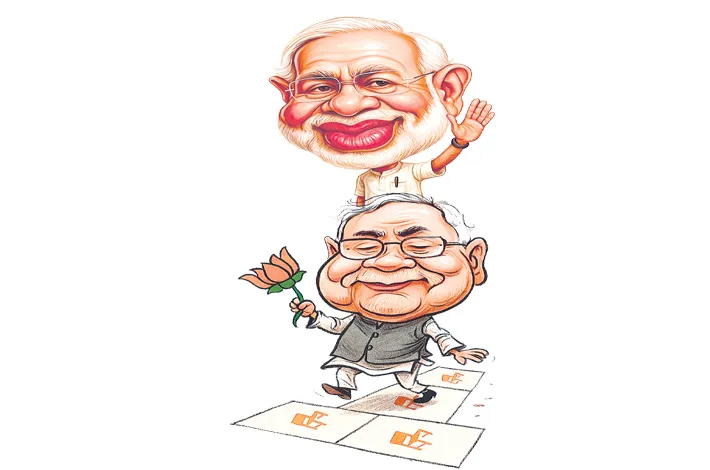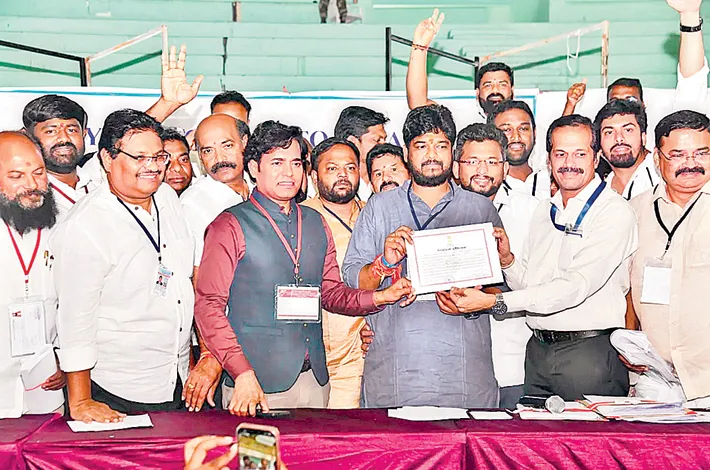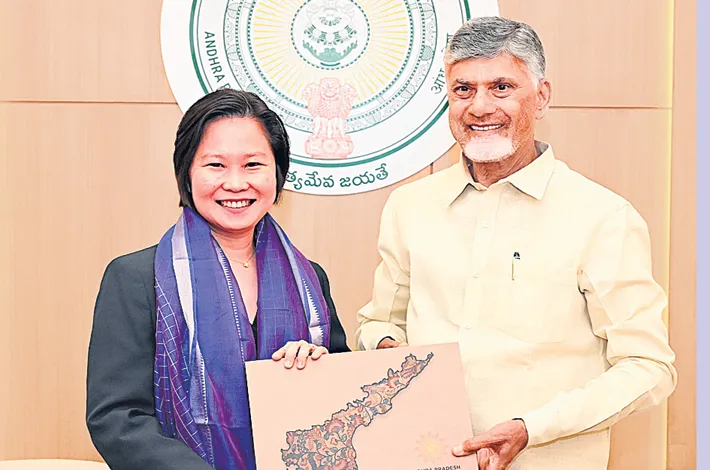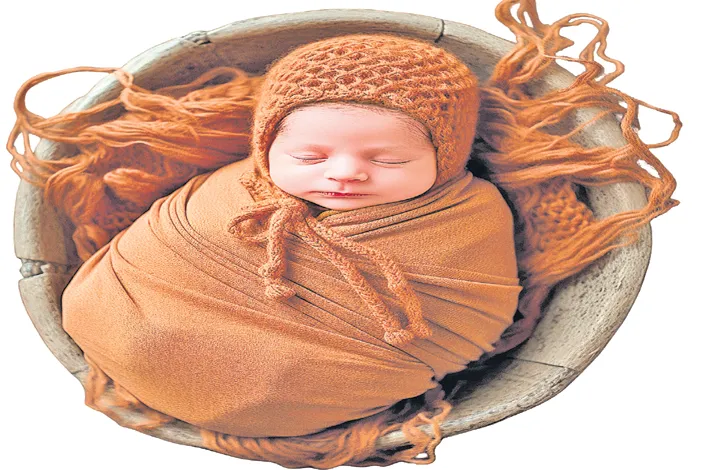Promoting dangerous apps, products & Celebrities
11-07-2025 12:00:00 AM
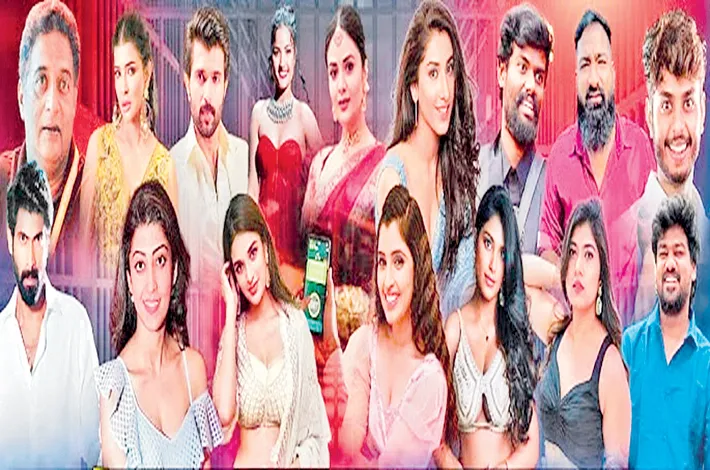
- Telugu Matinee Idols like NT Rama Rao, A Nageswara Rao also rejected several advt offers as they thought the products would not live upto the expectations of the consumers.
- Bharat Ratnas and legendary singers like Latha Mangeshkar, MS Subbulakshmi also refrained for appearing for any advt
metro india news I hyderabad
While celebrity endorsements in India effectively boost brand appeal and consumer engagement, promoting dangerous products or apps can lead to severe consequences, including health risks, financial ruin, and eroded public trust. The idolization of celebrities amplifies these risks, particularly among impressionable youth. Stricter enforcement of regulations, as seen in recent ED actions against betting app endorsements, and greater celebrity accountability are critical to mitigate harm. Consumers should also critically evaluate endorsed products, prioritizing quality and safety over star power
Celebrity endorsements of dangerous products and apps in India can have significant impacts on consumers, particularly due to the cultural reverence for celebrities in the country. Here’s a breakdown of the effects based on available information:
Positive Impacts (Intended by Marketers)
Increased Brand Awareness and Trust: Celebrities, especially Bollywood stars and cricketers, command massive followings and are often idolized in India. Their endorsements can enhance brand visibility and perceived credibility, leading consumers to trust and purchase products. For instance, endorsements by figures like Amitabh Bachchan or MS Dhoni can create a sense of reliability, influencing consumer behavior.
Emotional Connection and Influence: Fans often emulate their favorite celebrities, associating endorsed products with desirable traits like success or attractiveness. This emotional connection can drive purchasing decisions, particularly among younger consumers aged 18–40, who are heavily influenced by celebrity lifestyles. Market Penetration: Celebrity endorsements help brands cut through advertising clutter, improving recall and appeal.
In India, where 50–60% of advertisements feature celebrities (compared to ~20% in the U.S.), this strategy is particularly effective in reaching diverse audiences, including rural consumers.
Negative Impacts (Due to Dangerous Products or Apps) Misleading Claims and Consumer Harm:
Health Risks: Celebrities endorsing harmful products like tobacco, sugary drinks, or unverified health supplements can mislead consumers. For example, posts on X highlight concerns about celebrities promoting colas and junk food, contributing to health issues like diabetes, with 10% of Indians affected and 50% potentially pre-diabetic. Similarly, endorsements of gutkha-related products have been criticized despite bans, showing enforcement failures.
Financial Distress: Recent cases involving celebrities like Vijay Deverakonda and Rana Daggubati promoting online betting apps (e.g., Junglee Rummy, JeetWin) have been linked to financial losses and even suicides among users. These apps, often blurring the line between skill and gambling, have led to addiction and debt, prompting legal action under the Prevention of Money Laundering Act (PMLA) in Telangana.
Exploitation of Trust: Indian consumers often view celebrities as trustworthy figures, akin to personal acquaintances. When celebrities endorse dangerous or misleading products without due diligence, they exploit this trust. For instance, only 35% of consumers in a 2010 study felt celebrities helped them trust a product, indicating skepticism when endorsements seem inauthentic.
Cultural and Social Backlash: Controversial endorsements can spark public outrage. For example, ads promoting fairness creams (e.g., Fair & Lovely) have been criticized for perpetuating colorism, leading to rebranding under pressure. Similarly, Zomato’s fast-delivery ads featuring celebrities like Hrithik Roshan faced backlash for ignoring delivery workers’ safety, reflecting growing consumer demand for social responsibility.
Legal and Ethical Accountability: The Consumer Protection Act in India holds celebrities accountable for misleading ads, with penalties up to 1 million rupees and a one-year endorsement ban for first violations, escalating to 5 million rupees and a three-year ban for subsequent ones. However, loopholes allow celebrities to avoid penalties by claiming due diligence, which critics argue is insufficient to deter reckless endorsements.
Specific Concerns with Dangerous Products and Apps
Tobacco and Alcohol: Celebrities like Ajay Devgn and Shahrukh Khan have been criticized for promoting tobacco or alcohol through surrogate advertising (e.g., using the same brand name for non-tobacco products), despite legal restrictions under the Drugs and Magic Remedies Act. This can normalize harmful behaviors, especially among youth.
Online Betting Apps: The promotion of apps like Parimatch and Lotus365 by celebrities has led to widespread financial distress. Social media posts on X note that young fans, idolizing stars like MS Dhoni or Ranbir Kapoor, fall into debt traps, with some losing significant sums or facing mental health crises.
Unregulated Health Products: Endorsements of unverified health or beauty products (e.g., skin-whitening creams, hair oils) can mislead consumers into purchasing ineffective or harmful items. The 2014 Central Consumer Protection Council discussions highlighted this issue, proposing compensation from celebrities for misleading claims.
Broader Implications
Consumer Behavior: Studies show that celebrity endorsements significantly influence purchase intentions, particularly among young women and university students, due to perceived credibility and attractiveness. However, when products fail to deliver or cause harm, it erodes trust in both the brand and the celebrity.
Regulatory Gaps: Despite legal measures, enforcement remains weak. The Consumer Protection Bill of 2018 introduced penalties but lacks stringent oversight, allowing celebrities to endorse risky products with minimal accountability.
Social Media Amplification: With celebrities leveraging massive social media followings, the reach of harmful endorsements is amplified. Influencers with over 500,000 followers are now classified as celebrities under Indian law, increasing scrutiny but also highlighting the scale of the issue.





